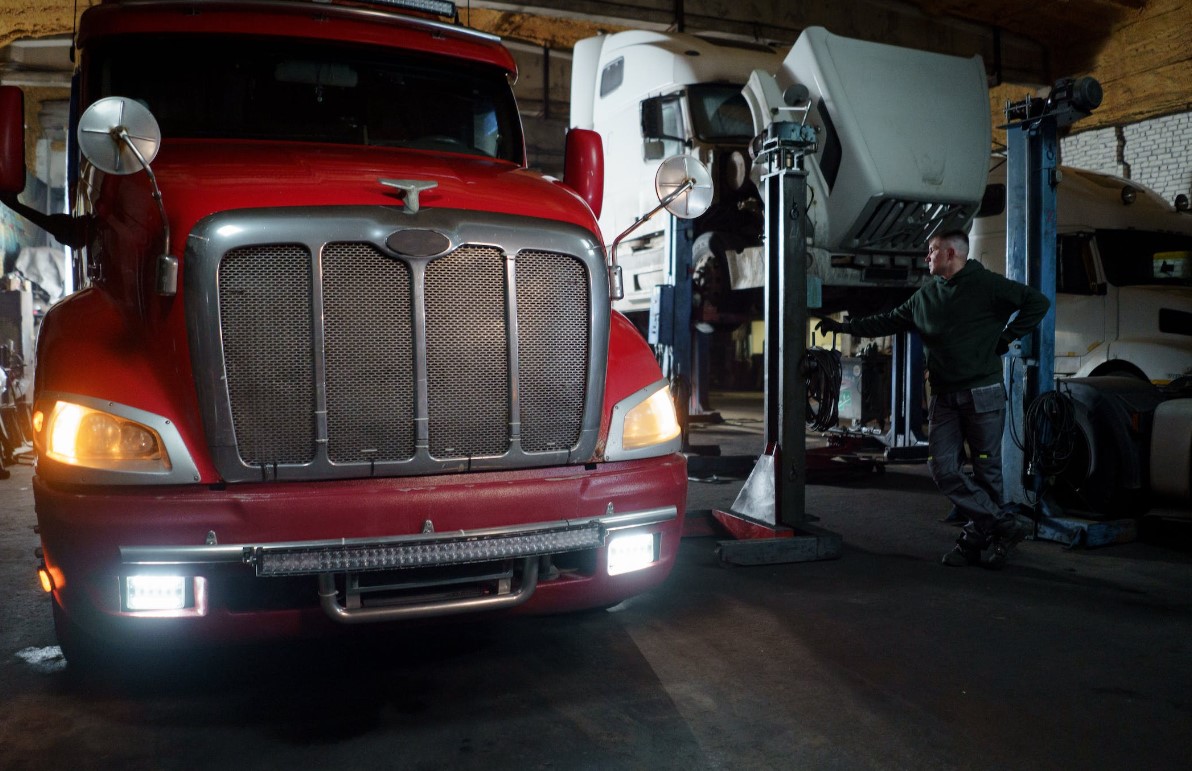Keeping costs low while providing all of your customers’ essential services is the key to staying on top of an expanding company. In cases where buying new cars is not feasible or the best financial decision for your company, leasing cars could be your ticket to expanding your fleet.
Leased fleets allow you to drive the latest models without worrying about maintaining them in-house, allowing you to focus on other parts of the business, such as logistics. There are various reasons why a business leasing agreement could be beneficial, valuable, and a smart choice for your business.
Are Business Leases Available to Everyone, and How Does It Work?
Similar to Personal Contract Hire (PCH), business leasing is also called Business Contract Hire (BCH). However, with BCH, the vehicle is leased for business purposes rather than personal use. A VAT-registered company can arrange leases for one to five years for both business and pleasure.
There are some restrictions on business contract hire agreements. Business leases are available to those who fit into one of the following categories:
- A Limited Company or Private Limited Company (PLC)
- A sole trader
- A partnership
- A limited liability partnership
- A VAT-registered company
- Profits of Leasing Commercial Vehicles

Business Vehicle Leasing Benefits
In the same way as purchasing a vehicle, leasing a new or used fleet vehicle has many benefits. Some fleets may benefit more from leasing than owning, which is a popular choice for all fleet sizes.
Meeting the Changing Needs of the Business
Your fleet requirements will change as your business evolves. Leases are shorter-term commitments than purchases. When expanding your business, you might require additional equipment, try new ideas, or have different needs.
It will be easy for you to adapt to your new situation. Business projections and planning are more accessible with a shorter lease than with buying.
Cost-savings
Leasing a vehicle is more affordable than taking out a loan for a vehicle, and getting a lease can save money while increasing your capital for a fleet business. When times are tough, leasing can be an effective tool for more established fleets to remain on budget.
Tax Relief
There are several tax benefits that businesses can take advantage of, including mileage and fuel deductions. Furthermore, repair and leasing costs can also be deducted from our business vehicle expenses. To qualify for this benefit, the company must show that its vehicle is used at least 50 percent for business purposes.
The Latest Upgrades
Since fleets have too much negative equity to upgrade sooner when buying a vehicle, they will keep it longer than a typical lease term. You can’t benefit from an upgraded fleet if you keep your cars beyond their reasonable life cycles. There will be a reduction in fuel efficiency, and you won’t have access to the latest safety features. A lease, however, allows you to switch models easily.
Fuel and Maintenance Costs Are Lower
The condition of leased cars does not deteriorate any sooner since they are generally used for shorter periods of time. New vehicles require fewer service appointments, except for routine inspections. Newer leased models are more fuel efficient, which can result in more significant savings at the gas pump. Since electric work vehicles are available for leasing, leasing electric vans requires less maintenance and fewer moving parts, making it a more cost-effective option.
Operational fluidity
Leases facilitate a more efficient experience by providing coverage for maintenance tasks such as tire rotations, oil changes, and title monitoring. Do you require emergency maintenance? You can reduce operator stress and gain greater control over financial matters by offering drivers a repair card that eliminates out-of-pocket repairs and reimbursements.

The Disadvantages of Business Leasing
Although leasing vehicles for your business has many advantages, there are also disadvantages:
- Because the vehicle must be returned in its original condition, your company’s branding cannot be applied to the side.
- You may be charged a damage fee if the vehicle is returned with visible signs of wear and tear.
- To maximise the low price, you should limit your usage. A commercial lease value-added tax refund can only be obtained if you prove that the tax was not used for anything else.
Final Thoughts
Buying a fleet vehicle offers a variety of benefits, but leasing may be more advantageous depending on the needs of your fleet. Business leases make more operational and financial sense for fleets whose cars have a short lifecycle and experience high wear and tear. For the latest tips, news, and business advice, https://ukbusinessblog.co.uk/.



























